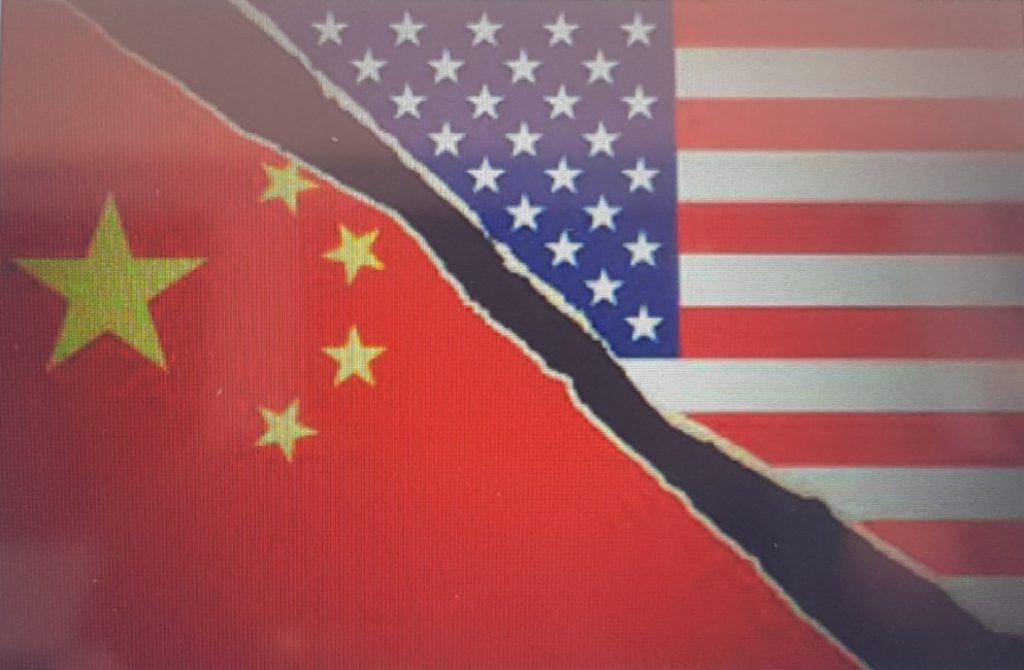Published:May25,2022
By Staff writer

United States President Joe Biden was in Japan on Monday, where he held talks with Japanese Prime Minister Fumio Kishida. Speaking in a news conference after the talks, the US president said that the United States would intervene militarily if China attempts to take Taiwan by force. The statement seemed much out of protocol and an open provocation to China.
Probably sensing that the statement did not get well with expected diplomatic conduct and angered China, the White house tried to down play the comments, saying that Biden’s words “don’t reflect a change in US policy.” However, this is not the first time that Mr. Biden has made such remarks. It should be remembered that in October last year, during a CNN town hall, Biden again said that the US would protect Taiwan from a Chinese attack, which remarks again, the White House tried to down play.
During the news conference, with Japanese Prime Minister Fumio Kishida, a reporter asked Biden, “You didn’t want to get involved in the Ukraine conflict militarily for obvious reasons. Are you willing to get involved militarily to defend Taiwan if it comes to that?” a reporter asked. “Yes,” Biden replied. “That’s the commitment we made.”
“We agree with the One China policy. We signed on to it, and all the attendant agreements made from there, but the idea that it can be taken by force, just taken by force, is (just not) appropriate,” he said. This kind of double language by the US administration is well known and has not changed for years. It’s hypocritical to claim that the US is on one side committed to the One-China Policy and on the other hand, create an imaginary war where China is going to attack Taiwan which is its own territory. This can be interpreted as pure image mirror propaganda.
However, to those who understand US foreign policy on China, Biden’s message is very clear. The US administration is bent on supplying arms to Taiwan separatists forces to start a war of “Taiwan Independence,” hence, a proxy war seeking to draw in China with a long term agenda of weakening the second largest economy in the world that is threatening to challenge US hegemony.
China Foreign Ministry spokesman Wang Wenbin, responded in a strong warning to US not to interfere in China’s internal affairs. In a news briefing, Wang also said that, “On issues that bear on China’s sovereignty, territorial integrity and other core interests, no one shall expect China to make any compromise or trade-offs,” warning the US not to stand on the opposite side of the 1.4 billion Chinese people.
The US administration has continually provoked China on both Taiwan and Hong Kong, threatening peace and stability across the Taiwan Straits. The writing is on the wall that as US rather than being on the side of peace, has fuelled the conflict between Russia and Ukraine by supplying arms and cash to the Ukraine government for its geopolitical interests rather than the interests of millions of suffering Ukraineans. Similarly, the US is provoking a war with China using Taiwan or Hong Kong, by falsely prophesizing that its China that intends to attack its own special administrative territories.
The question of Taiwan is for China, and any foreign interference will not only disrupt peace and stability across the Taiwan Straits, but will also have spillover effects to the entire global community.
 Africa -China Review Africa -China Cooperation and Transformation
Africa -China Review Africa -China Cooperation and Transformation
